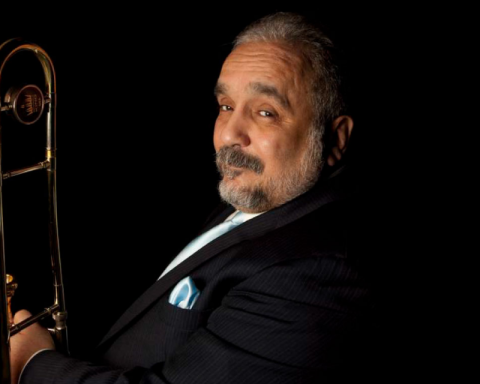To unlock the tax reform in the Senate, the Minister of Economy, Paulo Guedes, said today (9) that the government can present a “leaner” version of the project with the proposal to increase the income tax on the super-rich and reduce of taxes levied on companies.
“The time is now. We have already approved this reform in the House [dos Deputados], it is locked in the Senate. We can make a leaner version, taxing the super-rich and reducing the tax on companies”, said Guedes during the presentation of a new tool to monitor investments in the country.
The minister also defended the end of all taxation on the industry “to allow Brazil, which has all the raw materials, to be a world power”. He said that the government is already following this path, and mentioned the reduction in the Tax on Industrialized Products (IPI), promoted via decrees published at the end of last month.
The minister’s speech comes after Minister Alexandre de Moraes, of the Federal Supreme Court (STF), suspended, on Friday (6), part of the IPI reduction, at the request of the Solidarity party.
The legend claimed that the reduction of the IPI tax across the country for products that are also produced in the Manaus Free Trade Zone would harm the region’s competitive advantage and development.
Moraes temporarily suspended (provisionally) the reduction of the IPI for all products that are also produced in the Free Zone, where a differentiated tax regime is in force, protected by the Constitution. This includes items such as shoes, TV’s, stereos, furniture, toys and others.
“The reduction of tax rates as provided for by the contested decrees, without the existence of compensatory measures for production in the Manaus Free Trade Zone, drastically reduces the pole’s comparative advantage, thus threatening the very persistence of this constitutionally protected differentiated economic model,” he wrote. the minister.
investment monitor
The Investment Monitor was launched this Monday (9) in partnership with the Inter-American Development Bank (IDB) and financial support from the UK government, through a fund dedicated to sustainable development.
The platform provides data and projections on the Brazilian economy and development plans for sectors such as infrastructure, energy, connectivity and sanitation. The idea is that the tool will provide details and an assessment of the sustainability of all existing public-private partnership projects in Brazil.
“The platform will bring together relevant information for investors about each available project, data from the historical series, social aspects, environmental aspects, expansion plans and all the information necessary to help illustrate not only investment projections but also to support decision making. decision”, explained Daniella Marques, secretary of Productivity and Competitiveness at the ministry.
















